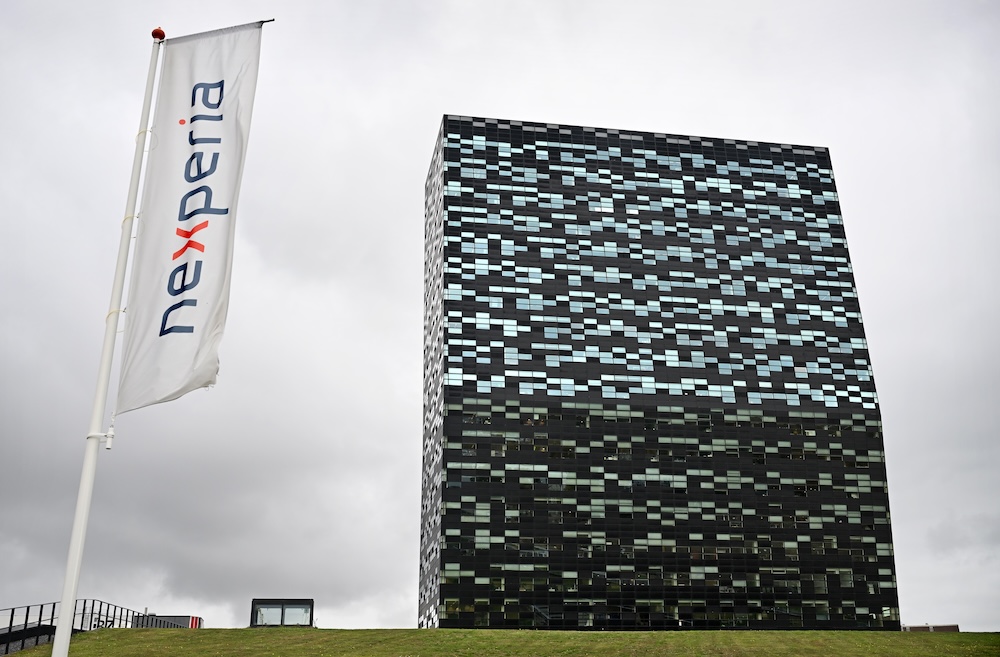US officials had warned about “problematic” Nexperia in June

The Dutch government took control of chipmaker Nexperia after months of internal conflict and international concern about its Chinese chief executive, according to court papers released this week.
The court report shows US officials had warned the Netherlands in June that Nexperia might lose access to the American market if its CEO, Zhang Xuezheng, remained in post.
Zhang, who also owns the company’s Chinese parent Wingtech, was suspended by judges shortly before the Dutch state’s intervention became public at the weekend. That court case was brought by a number of company officials.
The ruling quotes minutes from a meeting on 12 June which show the US bureau of international security and nonproliferation told Dutch officials: “The fact that the company’s CEO is still the same Chinese owner is problematic … It is almost certain that the CEO will have to be replaced.”
Washington had already placed Wingtech on its “entity list” of companies considered a national security risk, and in September expanded it to include subsidiaries such as Nexperia.
The Dutch economic affairs ministry warned the firm in early June that the new restrictions could have a “significant negative impact” on its business.
According to the Financieele Dagblad, tensions inside Nexperia had been growing since 2023, when Dutch and European managers — supported by the economics ministry — began drawing up plans to make the company less dependent on China.
The reforms included creating an independent supervisory board, bringing in a Western shareholder and eventually listing the company on the stock exchange.
Zhang rejected those plans as “unacceptable” and moved to reassert control. Court documents show he dismissed several Dutch managers, replaced them with inexperienced staff, and ordered Nexperia to buy $200 million worth of silicon wafers from another of his own companies, despite the firm needing only about a third of that amount.
Judges found this showed conflicts of interest and “bordered on recklessness”.
At the weekend economic affairs minister Vincent Karremans confirmed he had invoked a 1952 law on September 30, allowing the state to secure the supply of vital goods and citing “major shortcomings that could jeopardise security of supply” of chips to European factories. The law — the Goods Availability Act — had never been used before.
No US pressure
Karremans said in a briefing to MPs on Tuesday that he had not come under any pressure from other countries. But the move came amid escalating trade tensions and China responded the same day by banning Nexperia and its subcontractors from exporting components assembled in China.
The People’s Daily, the official newspaper of the Chinese Communist Party, called the takeover “robbery in legal disguise”.
Nexperia, based in Nijmegen, is one of the world’s largest producers of basic semiconductor components such as transistors. It employs about 14,000 people worldwide, with its biggest manufacturing site in Hamburg, Germany, and much of its assembly work in China.
Thank you for donating to DutchNews.nl.
We could not provide the Dutch News service, and keep it free of charge, without the generous support of our readers. Your donations allow us to report on issues you tell us matter, and provide you with a summary of the most important Dutch news each day.
Make a donation